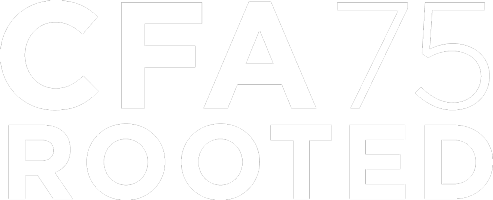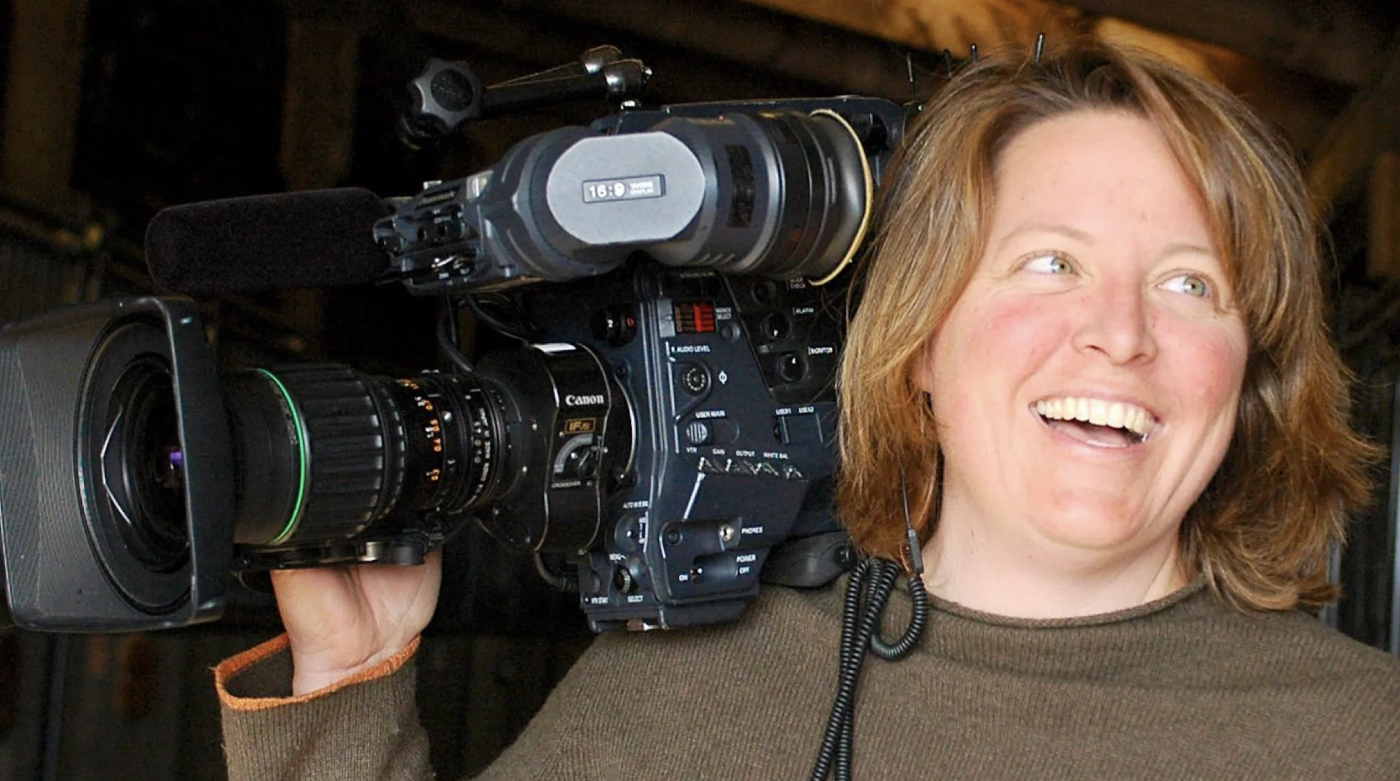By Duke Ross
Cinematographer Shana Hagan has been a family friend of ours for many years, making the occasional visit whenever Sundance would bring her to Utah. However, I hadn’t had the chance to talk to her one-on-one about her extensive career in the film industry until relatively recently.
Shana is a member of the American Society of Cinematographers, and has worked with notable filmmakers including, but not limited to, Jessica Yu, Rory Kennedy, Michael Apted, and Lauren Greenfield. She has worked on Academy Award winning films such as "Breathing Lessons," and was a camera operator on several seasons of NBC’s "Parks and Recreation." Recently, she's worked as a camera operator and Director of Photography for "Somebody Somewhere" on HBO and "Welcome to Flatch," the latter of which will be premiering on FOX on March 17th.
While interviewing someone with such an impressive and easily-recognizable body of work, I felt as though I would hear about some kind of eureka moment or one specific opportunity that helped Shana break into the industry proper. However, this was not the case. Rather, Shana took opportunities that may not have been in her specific field of interest, but still provided her chances to network, pick up new skills, and continue to pursue her aspirations as a cinematographer.
"Even if there’s something that you’re tasked to do that you’re scared to do, just do it. Find out what it’s like. See if you like it. See if you don’t like it."
Shana received her undergraduate degree in film from Loyola Marymount University in Los Angeles, California and credits the structure of the program for many of the skills that she took into the working world. Students were responsible for making their own projects, and as a result, everyone had to work on everyone else’s films at varying capacities and in a myriad of different roles. Shana had the opportunity to work on a diverse array of projects, varying in genre, scope, and technical format, which she claims was a very educational experience.
However, even as she was performing so many different roles for so many films, her love of cinematography persisted. “I started shooting a lot of people’s films because I loved shooting.” She even took on an extra level of work, spearheading several upper-division student films simply out of love for her craft. “I chose to direct and shoot a lot of those (student films), which was really challenging, but I really wanted to do it.” This level of passion and work ethic continued out of college, where in addition to working a full-time job, Shana would shoot films for her younger classmates on weekends in order to practice her camera work.
Despite her passion and discipline in the realm of cinematography, Shana was not able to get a job working with a camera right out of school. “I was gung-ho to get a shooting job,” Shana said. As she peddled her reel from place to place, the general consensus was that people were not looking to hire a cinematographer fresh out of film school without any real industry experience. As disappointed as Shana was, her first real paying job out of college would be exponentially more fruitful than she would have initially predicted.
While she was still in school, Shana interned as a production assistant with ZM Productions, a studio that primarily did behind-the-scenes content for filmmakers such as Steven Speilberg. Although her internship had her doing pretty minor tasks such as delivering beta tapes, her full-time job would become much more involved. Shana began her career as an assistant editor on the film, "Hearts of Darkness: A Filmmaker’s Apocalypse," a documentary on the turbulent production behind Francis Ford Coppola’s "Apocalypse Now." Initially, Shana was not jazzed about the position. “At the time, I was super sad that it wasn’t the perfect job. But in hindsight, it was the perfect job,” she said, “That early work in post-production still informs my work as a cinematographer.” Shana’s work on "Hearts of Darkness" allowed her to re-evaluate her work in cinematography and gave her valuable insight into an integral part of the filmmaking process.
After premiering at the Cannes film festival, the filmmakers behind "Hearts of Darkness" wanted to record some additional interviews, and decided to let Shana step up to the plate as Director of Photography. She had the opportunity to work on interviews with Francis Ford Coppola, Martin Sheen, and the Playboy Bunnies featured in "Apocalypse Now." Although not all of the interviews made it into the final cut, Shana found the experience of having her first real camera credit to be extremely valuable and rewarding.
Upon sharing the experience of her first job with me, Shana followed the story up with some advice that I personally feel applies across the disciplines. “On that year and a half that I was on 'Hearts of Darkness,' I learned so much about so many things. The takeaway from that film was that even if you take a job that isn’t perfect, you’re still going to learn something from it. You’re still going to meet somebody. You’re still going to learn a new skill. You might get a chance that you didn’t think you had, like shooting one of these interviews,” she told me, “Even if there’s something that you’re tasked to do that you’re scared to do, just do it. Find out what it’s like. See if you like it. See if you don’t like it.”
In short, there is no perfect opportunity. The perfect opportunity is the one that’s right in front of you. Try new things. You might love it. You might hate it. If you hate it, you still might learn something from it. Especially given the uncertain state of the world, it’s reassuring to know that there is no one clear path to success, and that you can find fulfillment in what you do in places that you may not have initially suspected.
ArtsForce Takeaways:
-
Every job that you take provides a valuable learning experience, even if it’s not the position you end up pursuing in the long-term.
-
When your passion and your work don’t necessarily coincide, try and find other ways to scratch that creative itch.
-
The connections that you make in school and the early stages of your career have the potential to provide life-changing opportunities.
Author Duke Ross is an ArtsForce Emerging Leaders Intern. He is a fourth-year student majoring in Film and Media Arts, and minoring in Digital Photography.


